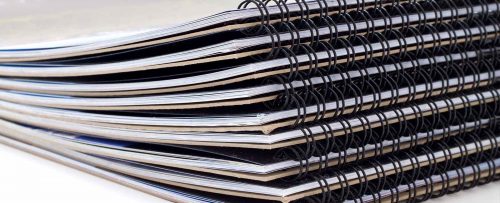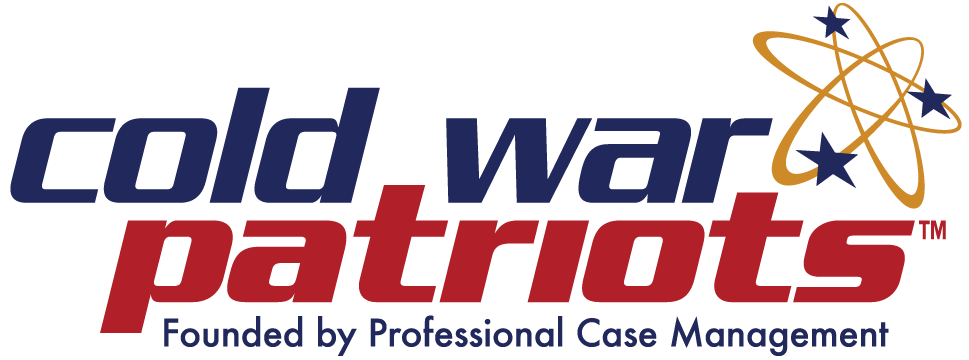
CWP News | CWP
DOL updates Procedure Manual
November 10, 2021
November 10, 2021
CWP
CWP News
The Department of Labor Division of Energy Employees Occupational Illness Compensation (DEEOIC) released a revision to the Procedure Manual the end of September 2021. Most of the changes involve clarification for the claims examiners but do not affect the claimants. For instance,
- Chapter 7 – Case Creation – The final paragraph of Ch. 7.5 has been updated to reflect how staff can locate Energy Compensation System (ECS) case create Standard Operating Procedures (SOPs.)
However, there are some changes which claimants or their authorized representatives may find helpful or interesting.
DEEOIC revised Chapter 28, Medical Bill Process, and Chapter 29, Ancillary Medical Benefits.
Chapter 28 – Medical Bill Process
The Medical Bill Processing Unit (MBPU) has established a dedicated email inbox for claimants and providers to check for reimbursement for medical bills, [email protected]. “This inbox provides stakeholders with a means to submit inquiries related to medical bill processing issues that MBPU staff can research and provide a timely response.”
DEEOIC will notify claimants if their provider has been disbarred or suspended under the program. If a claimant is currently receiving treatment from any such provider, DEEOIC will authorize a change of providers, if requested.
This chapter retains the information on when a claim for medical expenses must be filed. Bills should be submitted “one year beyond the end of the calendar year in which the expense was incurred, or the service or supply was provided; or more than one year beyond the end of the calendar year in which DEEOIC first accepted the claim, whichever is later.”
The estate of a deceased worker may file reimbursement claims for medical expenses incurred before the worker died. Exceptions can be made for late filings. The claimant must submit a request to the DEEOIC along with one of the following documents for review:
- Copy of the Remittance Voucher or Explanation of Benefits from another health insurer indicating the provider submitted the bill to the other health insurer instead of DEEOIC, which may have caused a delay in the bill adjudication process past the DEEOIC’s timely filing deadline.
- Copy of a written notice from DEEOIC or DEEOIC’s BPA reflecting an administrative error.
- Evidence showing the medical reimbursement request/bill was submitted previously within the filing deadline.
- Supporting documentation demonstrating the accepted condition(s) prevented the claimant from filing timely.
Chapter 29 – Ancillary Medical Benefits
DEEOIC pays for medical equipment such as air concentrators, walkers, etc. and certain therapies if prescribed by a physician and is medically necessary to help provide relief to the sick worker. They also will pay for home modifications, including modifications to those workers who rent.
Rental property may be subject to federal Americans with Disabilities Act (ADA) requirements, or state and local statutes that mandate barrier-free accessibility for persons with disabilities.
The claimant should discuss any change in housing needs with the landlord, who may be able to offer modifications or alternative accommodations better suited to the needs of the individual.
(b) The claimant must obtain written approval from the landlord prior to making any changes or alterations to the non-owned property.
(c) If the landlord/owner will not permit modifications, or if the costs are excessive, and if suitable housing arrangements are available elsewhere within the same geographic area, it may be more cost effective to consider authorization for relocation expenses, rather than paying for modifications at the current location.
If changing locations is the most cost-effective alternative, the MBE may authorize a subsidy for any increase in rent, if warranted, in addition to the relocation expense. For example, if the claimant lives in an apartment with stairs, and is no longer able to climb stairs due to his or her accepted condition(s), DEEOIC would reimburse the claimant for the most nearly comparable apartment available that offers an elevator and any other accommodations required to fulfill the claimant’s medical needs arising from the claimant’s accepted medical condition.
DEEOIC also provides examples of what modifications could be approved for worker owned property. Examples are:
Modifications to a house must be consistent with the claimant’s pre-injury standard of living and should approximate that standard insofar as practical, with respect to the quality of construction materials and workmanship.
- Modifications may include certain additions where warranted. For example, if a ground-floor recreation room is converted to a bedroom to accommodate a wheelchair-bound individual, and if no ground-floor bathroom facilities exist, then the addition of a bathroom on the ground floor could be approved.
- Similarly, if there is no suitable space for conversion of a bedroom on the ground floor, then the addition of a bedroom on the ground floor could be approved, if no other reasonable alternative exists.
- Modifications may include certain appliances, such as air conditioning or air filtration equipment, if deemed medically necessary by the treating physician, and if necessary for the relief of accepted medical conditions. For example, if the claimant suffers from accepted respiratory or cardiac conditions, his or her physician may order that the claimant be kept in an air conditioned environment, in which case the expense for these modifications would be allowed.
- When considering modification requests, the MBE should consider whether a portion of a home could be modified, as compared to a whole-house modification. An example of this would be one or two room air conditioning units, versus installing a whole-house air conditioning system
- Modifications will be no more expensive than necessary to accomplish the required purpose. For example, when remodeling a bathroom, it may be feasible to reinstall an existing sink at wheelchair height, for less than the cost of discarding the sink and buying a new one
- Modifications must be in keeping with the standard of décor of the current or pre-illness accommodations. For example, if the claimant’s dwelling requires that a sink or commode be changed for handicap accessibility, and if it is necessary to tear out and replace tile, then the tile in the entire bathroom or kitchen may have to be replaced with similar quality tile in order to maintain the architectural décor of the room.
The owner of the property that was modified any increase in property value will benefit the owner. However, removable property is sold the Government is entitled to be reimbursed.
